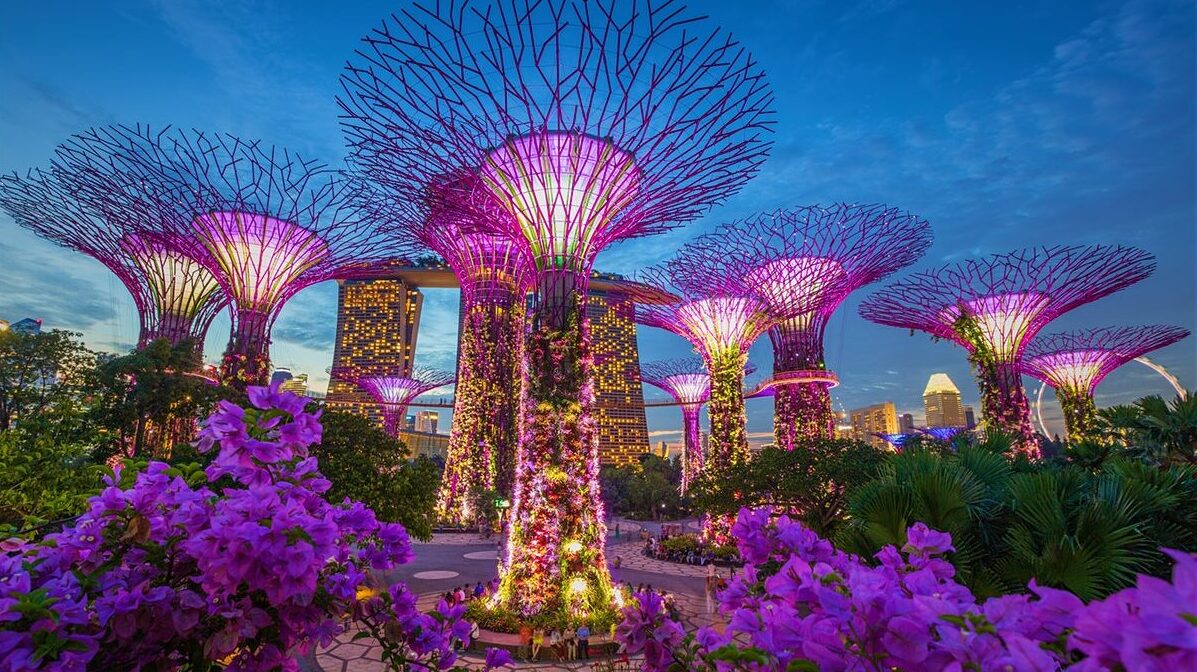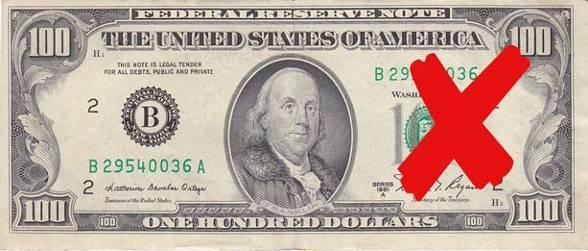Buddhism is the largest religion in the country with 33.2% of the population adhering to this religion. 18.8% of the population adheres to Christianity. Followers of Taoism and folk religions account for 10% of the population of Singapore. Muslims and Hindus constitute 14% and 5% of the population, respectively.
According to the Constitution of Singapore, the national language of Singapore is Malay, which plays a symbolic role, as Malays are constitutionally recognized.
New Year’s Day
The year begins with festivities and every New Year heralds celebrations in Singapore. There are several venues that hold New Year’s Eve Countdown Parties for the public. The most popular waterfront events are ‘The Marina Bay Singapore Countdown’ and ‘Siloso Beach Party’ at Sentosa. Most Singaporeans frequent either of these locations to enjoy the public performances and witness the impressive fireworks display. Other popular party spots can be found along Orchard Road, Boat Quay and Clarke Quay.
Chinese New Year
Chinese New Year is one of the most anticipated celebrations in Singapore. The festival begins on the first day of the first lunar month in the Chinese calendar, which usually falls between the last week of January and early February. Preparations begin weeks ahead of the Chinese New Year and the city wears a festive spirit during this period. Families celebrate by partaking in reunion feasts, making new year visits to the homes of family and friends, exchanging hongbao (red envelopes with monetary gifts).
Vesak Day
Vesak Day, the full moon day of the fourth lunar month, is the most important annual event for the Buddhist community in Singapore. Vesak Day usually falls in the month of May and commemorates the birth, enlightenment and final nirvana of the Buddha. Buddhist temples are colourfully decorated with Buddhist flags and lights and shrines are adorned with flowers, fruits and other offerings. Vesak Day celebrations are closed hall events open to members of the public. Some of the highlights include: vegetarian food fair, public talks, hymn singing etc. Acts of generosity known as dana are observed by Buddhist organizations and temples. Vesak Day entails a quieter celebration than most other festivals in Singapore.
Deepavali
Deepavali or the Festival of Lights is the most important festival in the Hindu calendar and the most significant festival for the Indian community in Singapore. Deepavali usually falls in the month of October or November and celebrations begin weeks ahead in the Indian ethnic quarter of Little India. Signifying the triumph of good over evil or light over darkness, the streets of Little India sport colourful lights and traditional overarching decorations. Roadside stalls sell terracotta lamps, flowers and other traditional decorative items. Sweetmeat shops offer a wide array of mouth-watering traditional Indian sweets and savouries.
Hari Raya Puasa
Commonly known as Eid Ul Fitr world over, Hari Raya Puasa is a major festival for the Malay community in Singapore and usually falls in the month of September or October. Hari Raya Puasa marks the end of Ramadan, the Islamic holy month of fasting. Geylang Serai, the cultural heart of the Malay/Muslim community is well lit and decorated, and a festive mood prevails. There are colourful festive bazaars and numerous food stalls offering traditional Malay fare. Cultural performances like traditional Malay song and dance also form part of the celebrations.
Hari Raya Haji
Also known as the Feast of Sacrifice or Eid Al Adha, Hari Raya Haji marks the end of the Haj pilgrimage to the holy city of Mecca. Hari Raya Haji usually falls in the month of November or December and festivities are similar to those of Hari Raya Puasa.
Christmas
Christmas is considered the most enchanting time of the year and the holiday spirit sets in weeks ahead of Christmas Day. Titled ‘Christmas in the Tropics’, a seven week extravaganza that celebrates the spirit of Christmas unfolds every year from the end of November and continues until the ringing in of the New Year.
Other religious festivals in Singapore include: Hungry Ghosts Festival, Mid-Autumn Festival/Mooncake Festival/Lantern Festival, Thaipusam, Easter, etc.
Summer-weight suits/dresses, several dress-shirts, and an umbrella are recommended for the traveler. Singapore business dress is a long-sleeved shirt and tie for men, although one will not be out of place without a tie. Some formal meetings call for a coat and tie. Business Women wear light-weight attire
Singapore has a population of about three million, 2.7 million of whom are citizens and permanent residents. The other three hundred thousand are mainly foreign workers. The Chinese constitute about 78 percent, the Malays 14 percent, the Indians 7 percent, and others 1 percent of the population.
Singapore Cuisine is diverse and contains elements derived from several ethnic groups, as a result of its history as a seaport with a large immigrant population. Influences include the cuisines of the native Malays, the largest ethnic group, the Chinese and the third largest ethnic group, the Indians as well as Indonesian, Peranakan and Western traditions (particularly English and Portuguese-influenced Eurasian, known as Kristang). Influences from other regions such as Sri Lanka, Thailand and the Middle East are also present.
In Singapore, food is viewed as crucial to national identity and a unifying cultural thread. Singaporean literature declares eating as a national pastime and food a national obsession. Food is a frequent topic of conversation among Singaporeans. Religious dietary strictures do exist; Muslims do not eat pork and Hindus do not eat beef, and there is also a significant group of vegetarians/vegans. People from different communities often eat together, while being mindful of each other’s culture and choose food that is acceptable for all.
Other than Singaporean cuisine, it is also common in Singapore to find restaurants specialising in cuisine from a great variety of countries around the world.
The Singapore dollar (sign: S$; code: SGD) is the official currency of Singapore. It is divided into 100 cents. It is normally abbreviated with the dollar sign $, or S$ to distinguish it from other dollar-denominated currencies. The Monetary Authority of Singapore issues banknotes and coins of the Singapore dollar.
As of 2016, the Singapore dollar is the twelfth-most traded currency in the world by value. Apart from its use in Singapore, the Singapore dollar is also accepted as customary tender in Brunei according to the Currency Interchangeability Agreement between the Monetary Authority of Singapore and the Autoriti Monetari Brunei Darussalam (Monetary Authority of Brunei Darussalam)Likewise, the Brunei dollar is also customarily accepted in Singapore.
Foreigners are required to pay in US dollars for hotels, tourist attractions, rails and air tickets, ferry travel and sometimes for bus tickets as well, and are required to pay in kyat for most other transactions (trishaws, pickups, tips, food, etc.). Bring very clean, unfolded US dollars (or they will not be accepted by hotels, restaurants and money changers), and dispose of remaining kyat before leaving. Some hotels and restaurants have started to accept credit cards. Visa is more common than MasterCard. In 2014 there were working ATMs at airports and around tourist sites. Guides say there has been a real effort to improve coverage.



